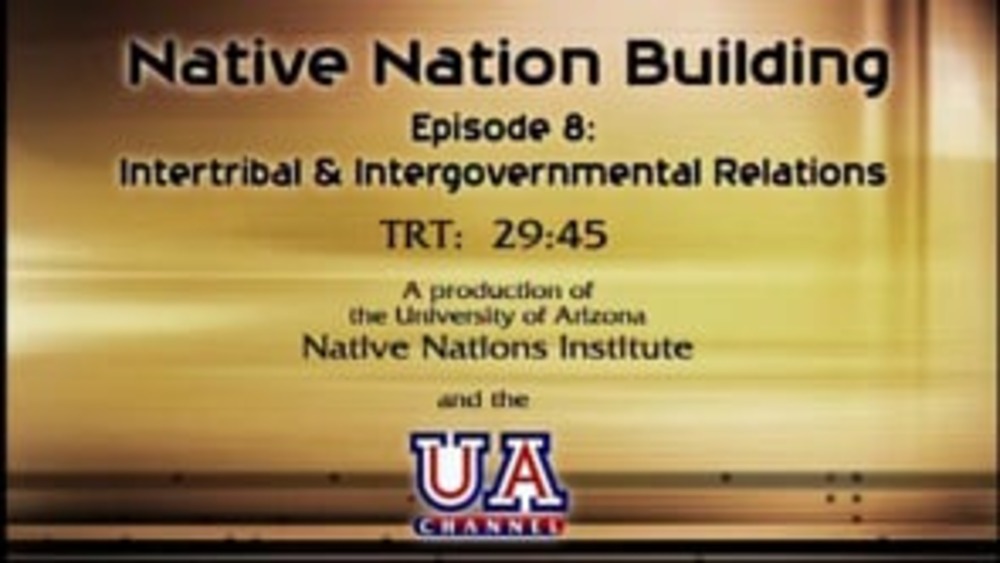Former Nez Perce Tribal Treasurer Jaime Pinkham discusses the concrete benefits of engaging in intergovernmental relations for Native nations.
Additional Information
Pinkham, Jaime. "Intergovernmental and Intertribal Relations: Walking the Sovereignty Walk." Native Nations Institute for Leadership, Management, and Policy. University of Arizona. Tucson, Arizona. 2012. Lecture.
Transcript
"So the contributions for us, they're wide-ranging. These are some of the outcomes you can see. It enhances sovereignty and it potentially expands your jurisdiction. You know, for the Nez Perce, we, our treaty rights allow us to fish down the Columbia River close to the mouth of the Pacific Ocean. You know, we were able to provide law enforcement to govern treaty harvest in the Columbia River far outside our ancestral area but in our usual and [accustomed] areas. And that was recognized by the states of Oregon and Washington.
We amplify the impact of our actions. It's a domino effect. It's a symbiotic relationship in that what we do has policy implications, like I said earlier, and it helps sets the stage on how governments respond not just for their interests, but for a joint interest.
And it's a proactive way to address tribal concerns. We found that the more and more we explore these intergovernmental relationships, it helped us head off potential conflicts before they really built up a head of steam. We were able to address these things early on in many cases.
And it promotes actions on comprehensive community development -- is that we share in the makeup of our community. Again, like what Daniel Kemmis said about the politics of place, the symbiotic relationship -- that we do have in the interest of tribal governments, tribal leaders to provide for the welfare for their community can mirror the kinds of needs that other governments face in providing for the needs and welfare of their respective constituents."



